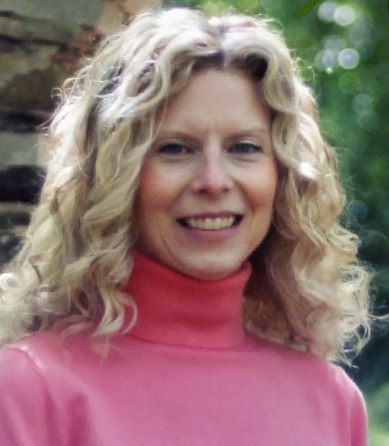On a warm evening, I met up with friends in a downtown area. We were excited to eat at a restaurant that offered live jazz music outside, but when we arrived the patio was full. Disappointed, we left and had to walk several blocks to find another place to eat.
On earth, disappointments come in all sizes, both big and small. Beloved pets pass away. Careers fizzle. Health problems occur. We lose relationships with loved ones. In our setbacks, we have God’s comfort, but our life stories don’t always contain the blissful endings we long for. Believers, however, have the hope of a joyful eternity.
The book of Revelation records God giving John a breathtaking vision. John saw “the Holy City, the new Jerusalem” (21:2). “Prepared as a bride beautifully dressed for her husband” (v. 2), it radiated God’s glory. God would inhabit the place along with all His people. In His city there would be no crime, no darkness, and no fear (vv. 25–27). Light, peace, and goodwill would abound.
On the night I met my friends for dinner, we ended up walking back past the first restaurant. White lights lit the sidewalk, and we stopped to listen to the music as we ate ice cream. I savored the moment, but we know that no earthly joy can compare with the ultimate ending believers will enjoy forever.
